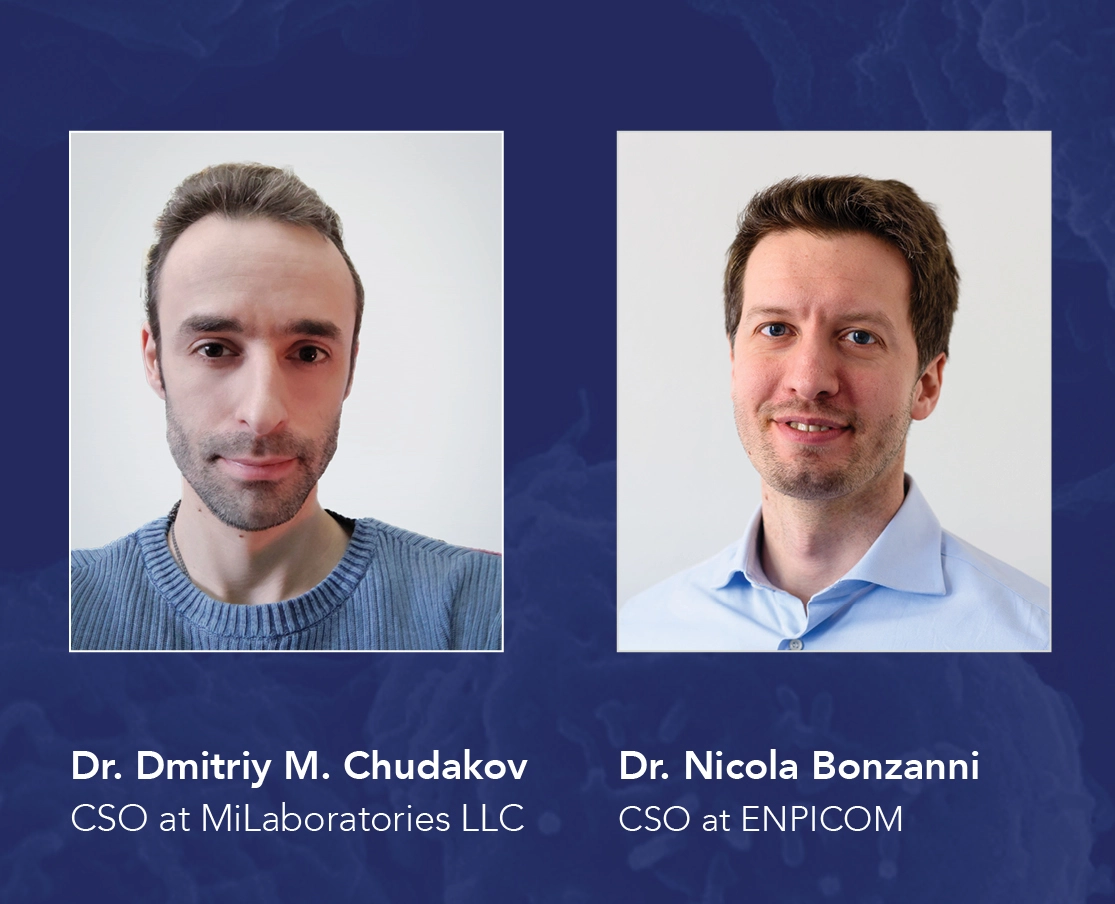What will you learn?
There is significant interest in the role of B cells in cancer. With an increasing demand for antibody and cell-based therapeutics, a deeper understanding of the immune system and cancer genomics has become more crucial than ever. By studying B cells and immune repertoires, researchers are able to discover more nuanced and targeted therapies against cancer. In this webinar, we will discuss:
- Roles of B cells in cancer
- The use of antibody repertoires in tumor samples
- How to address challenges of intratumoral clonal heterogeneity
- The use of cutting-edge technologies to leverage the full potential of antibody sequencing data

